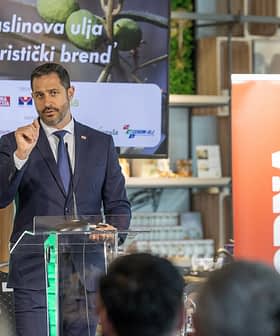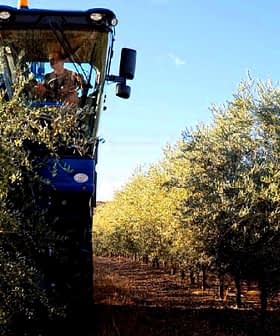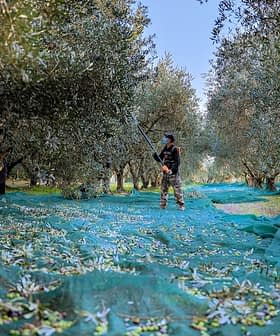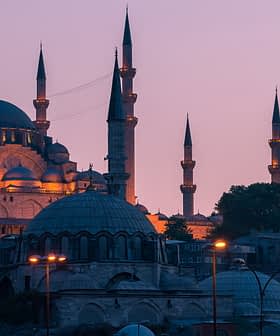Education Vital to Success of Turkey’s Olive Oil Sector, Award-Winning Producer Says
After winning 10 awards at the 2023 NYIOOC World Olive Oil Competition, the producers behind Oliva Malia are keen to share the secrets of their success.
 Oliva Malia grows at least five native Turkish varieties. (Photos: Oliva Malia)
Oliva Malia grows at least five native Turkish varieties. (Photos: Oliva Malia) As the producers behind Turkey’s Oliva Malia seek out new export opportunities, they have been buoyed by the company’s unprecedented 10 awards from the 2023 NYIOOC World Olive Oil Competition.
Located on the Karaburun peninsula in west Turkey, surrounded by the Aegean Sea, Oliva Malia earned seven Gold Awards and three Silver Awards for its organic extra virgin olive oil at the world’s largest olive oil quality contest.
I believe the awards will help us present our international customers with the true value of Turkey’s extra virgin olive oil. That will, in turn, give value back to the community.
The company buys olives harvested from more than one million trees grown on 4,000 hectares, carefully selecting the best fruit to craft its award-winning oils.
“One of the goals of our project is to contribute to showing the world how Turkey is the source of excellent extra virgin olive oils,” Harun Enes Çoban, general director of Oliva Malia, told Olive Oil Times. “They are not only produced in Italy, Greece or Spain, to say a few of the major producing countries. We also have world-class excellencies right here.”
See Also:Signs Suggest a Weak Harvest in Turkey“In recent years, we have seen new producers and names arising in the country,” he added. “They began looking at the international markets in a new way, boosting Turkish olive oils among the best olive oils in the world.”
According to the official figures released by the NYIOOC, Turkish participation in the NYIOOC has risen considerably over the years: from two awards in 2017 to 28 in 2020.
On the back of a record harvest of 421,000 tons in the 2022/23 crop year, Turkish producers also smashed records at the 2023 NYIOOC with an unprecedented 74 awards.
The Karaburun peninsula, not far from Izmir, is a unique source of organic olives for Oliva Malia: the whole area falls under the statute of a special environmental protection zone instituted to preserve nature and limit the impact of human activities on the territory.
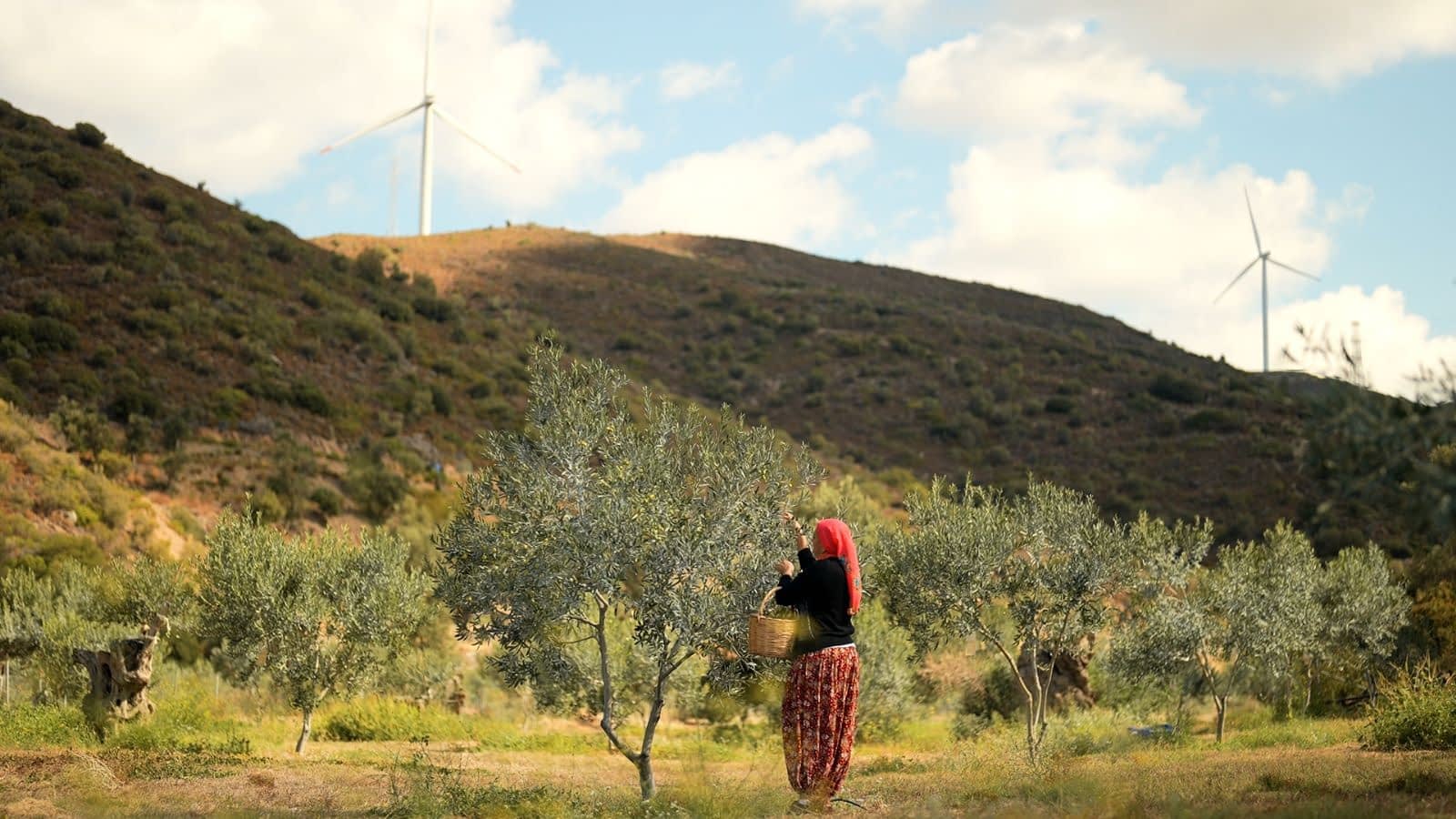
The company buys and grows organic olives in a protected area on the Karaburun peninsula.
“Karaburun is a very special place,” Çoban said. “No industrial operation is active here; very few people live here, making it a virgin territory that is clean.”
“Vegetation in our province is shaped by the Mediterranean climate in which it is immersed,” he added. “Biodiversity is significant, as in the peninsula 36 native plant species are to be found, and that means half of the native plants of the whole region.”
Oliva Malia does not own the largest part of those olive orchards, as they are the fruit of a broad public development project aimed at fostering olive farming and community income. Older trees share the place with scores of younger olive trees, and Oliva Malia’s highly technological olive oil mill only started operations in 2019.
The mill is equipped with state-of-the-art equipment made in Italy, capable of transforming up to 70 tons of olives each day. The company aims to press olives within four hours from harvest, and most of its production is focused on early harvest.
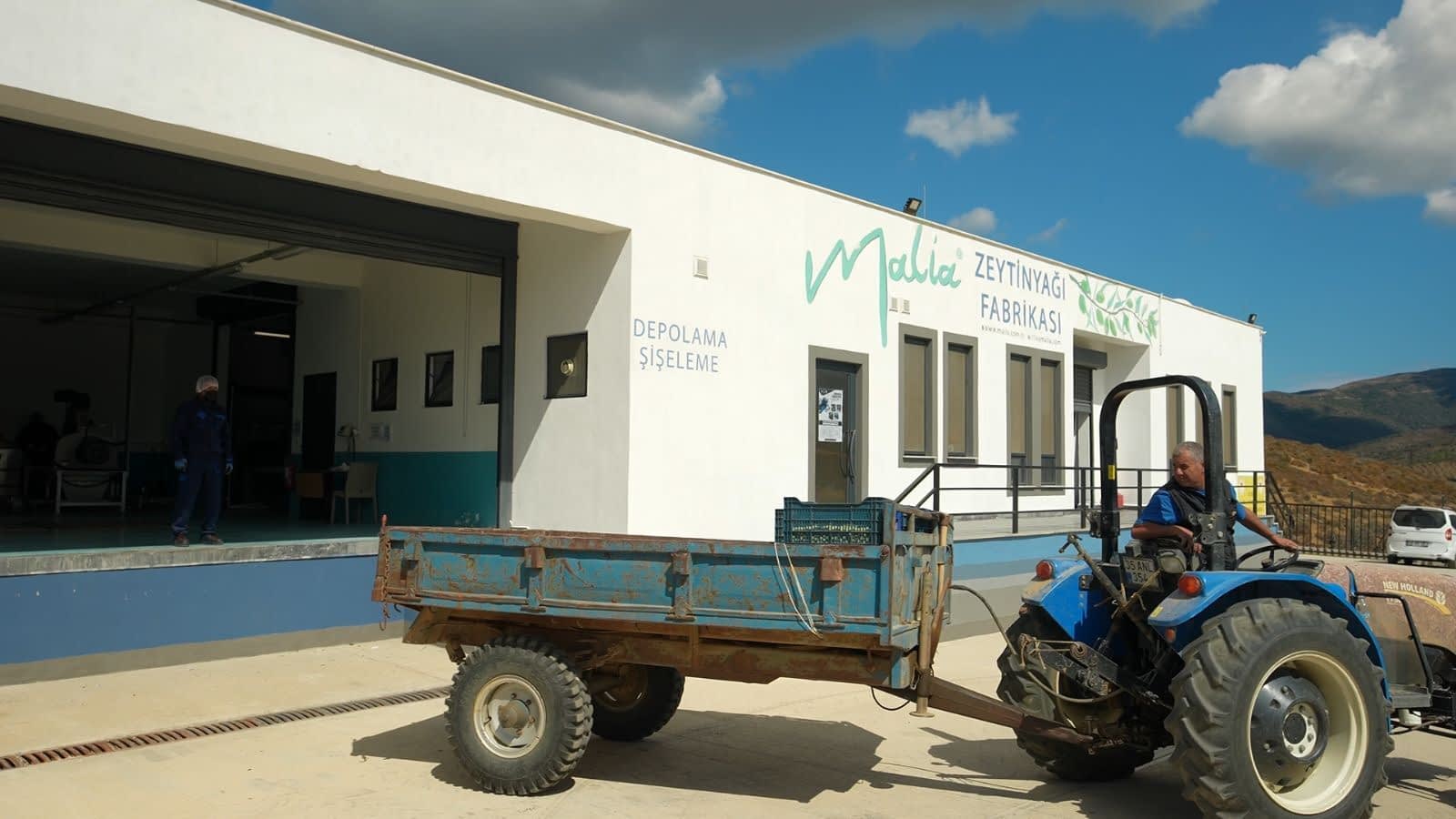
Oliva Malia mills up to 70 tons of olives per day at the height of the harvest.
The large steel tank storage area is conceived to separate olive oils based on sensory and chemical analysis, which follows every processed batch of olives.
An automatic supply system allows the company to bottle its olive oils when needed with procedures the company believes minimize contact of the product with oxygen to prevent oxidation.
“The funding idea was to bring technology and innovation in the area as well as a different and new approach to making olive oil,” Çoban said. “A whole culture of quality and sustainability needs to be fostered.”
See Also:Producer ProfilesThe company cooperates with several local associations and non-governmental organizations to raise awareness about high-quality olive oil production among local farmers.
“While many embraced a very modern approach to olive oil production, others might need some more time,” Çoban said. “That is why we organize many events to learn and teach.”
At its store and showroom in Izmir, a city of nearly 3 million people, the company hosts tastings for consumers and producers and courses about olive growing issues.

Harun Enes Çoban
“We are very proactive. In our region, we go village by village to present a modern olive oil-making approach,” Çoban said. “The better farmers grow olives, the more they apply best practices in the field, the more they can charge for their olives as they will be good to produce high-quality olive oils.”
“Experts explain to farmers crucial issues that some do not know yet, such as the concept of early harvest to maximize the healthy contents of the product,” he added. “Others might not have yet fully understood how crucial it is to process olives as soon as possible after harvest.”
Olive oil had a central role in Turkish cuisine and households for generations. “Still, we have seen some changes in the behavior of consumers in the last few years,” Çoban said. “It is to be attributed to the Covid-19 pandemic, which caused people to consider more than before the healthy profile of extra virgin olive oils.”
According to Oliva Malia’s director, a growing number of consumers are looking for extra virgin olive oil’s quality and healthy characteristics.
“Today, there are way more tasting events in the country than ever before,” Çoban said. “And that happens because consumers are asking to understand more about extra virgin olive oils, why it is healthy, what all the fuss is about its contents.”
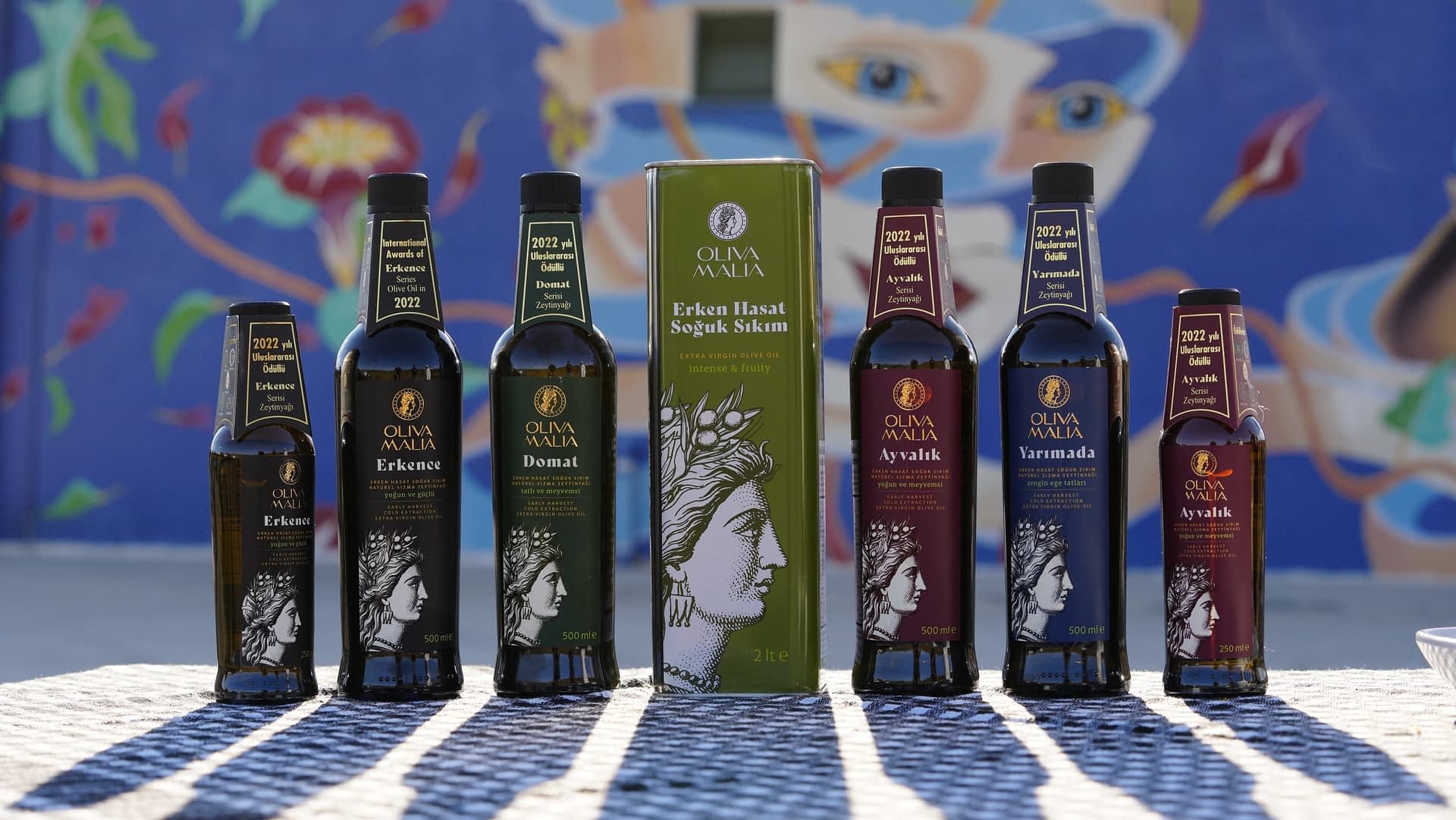
Oliva Malia won 10 awards at the 2023 NYIOOC World Olive Oil Competition.
That is also among the reasons Oliva Malia focuses on a broad spectrum of extra virgin olive oil blends.
Among its award-winning olive oils, Oliva Malia’s portfolio includes the Çocuk brand, characterized by a strong flavor and minimal spiciness, and the company markets it as conceived for children.
Others, such as the monovarietal Erkence, are explicitly crafted with an early harvest approach, translating into lower yields but usually higher concentrations of polyphenols.
The company can choose the flavors and textures of its products, both blends and monovarietals, from a wide range of cultivars grown in the area.
Among them are the local Tirilye, which bears distinctive flavors throughout the region, or the Memecik variety, well known for its high polyphenol counts.
Dedicated monovarietal extra virgin olive oils are produced with the distinctively large Domat olives or the Ayvalik variety, widely used by local growers for olive oil production and table olives.
“We are working hard for quality,” Çoban concluded. “As others in Turkey are doing. I believe the awards will help us present our international customers with the true value of Turkey’s extra virgin olive oil. That will, in turn, give value back to the community.”

